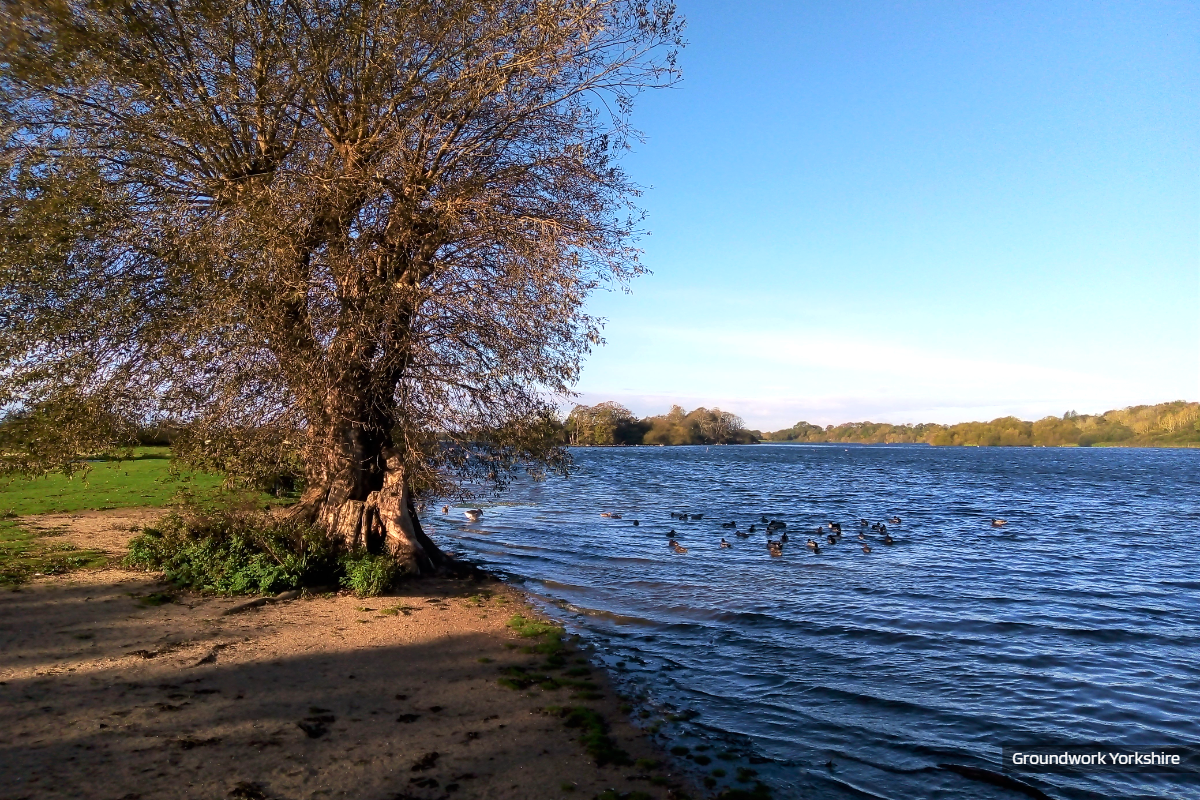
Groundwork Yorkshire has successfully secured £149,291 from the government’s Water Restoration Fund to protect and enhance Hornsea Mere, Yorkshire’s largest freshwater lake and one of the region’s most important wildlife habitats.
The funding is a significant development grant intended to address mounting environmental challenges facing the historic Mere. The grant for the Hornsea Mere Restoration project is one of 51 initiatives across England receiving a share of over £10 million derived from fines levied against water companies.
The Water Restoration Fund channels money collected from five major water companies—including Yorkshire Water—which were penalised for pollution incidents that occurred between April 2022 and October 2023. Environment Secretary Emma Reynolds stated that she shares "people’s anger at the damage caused by sewage pollution". The Secretary affirmed that this money from water company fines will be "directed back into local projects to tackle pollution and support long-term plans for nature restoration". The total allocation for the Yorkshire region under this funding stream amounts to £1,533,722.28.
Hornsea Mere, situated within the Wassand Hall estate, is designated as both a Site of Special Scientific Interest (SSSI) and a Special Protection Area (SPA). This vital ecosystem urgently requires coordinated management due to issues such as deteriorating water quality, invasive non-native species, development pressures, and recreational use.
The newly secured grant will enable Groundwork Yorkshire, in collaboration with the Wassand Hall estate trustees, to adopt a comprehensive, landscape-scale approach to restoration. This initial phase will focus on detailed data collection, partnership development, and the creation of a strategic Action Plan for the entire catchment area.
Peter Murphy, Operations Director for Groundwork Yorkshire, expressed delight over the opportunity, stressing the importance of the site.
Mr Murphy said:
“Hornsea Mere is an important area for wildlife and especially waterfowl, and we are delighted to have this opportunity to work collaboratively on the production of a development plan for the Mere and its catchment, with a view to securing further funding to deliver meaningful and long-lasting changes to benefit the local area and enhance its wildlife value.”
Local Involvement Planned
The project team will deploy specialists, including an ecologist and a landscape architect, under the leadership of Karen Tozer, Groundwork’s Programme Manager for Hull and East Riding.
Groundwork Yorkshire plans to engage the local community extensively. Local landscape operatives will be employed to carry out practical conservation work, such as the removal of invasive species. Simultaneously, community volunteers will be engaged in hands-on restoration activities and awareness initiatives.
Local residents and wildlife enthusiasts who are concerned about the future of this treasured landscape are encouraged to participate. The project team has established a dedicated contact email for enquiries.
The Water Restoration Fund is provided by the UK Government and is administered through the DEFRA and the Rural Payments Agency.




 North Yorkshire's Public Toilets are Threatened with Closure as New 50p Fee Proposed
North Yorkshire's Public Toilets are Threatened with Closure as New 50p Fee Proposed
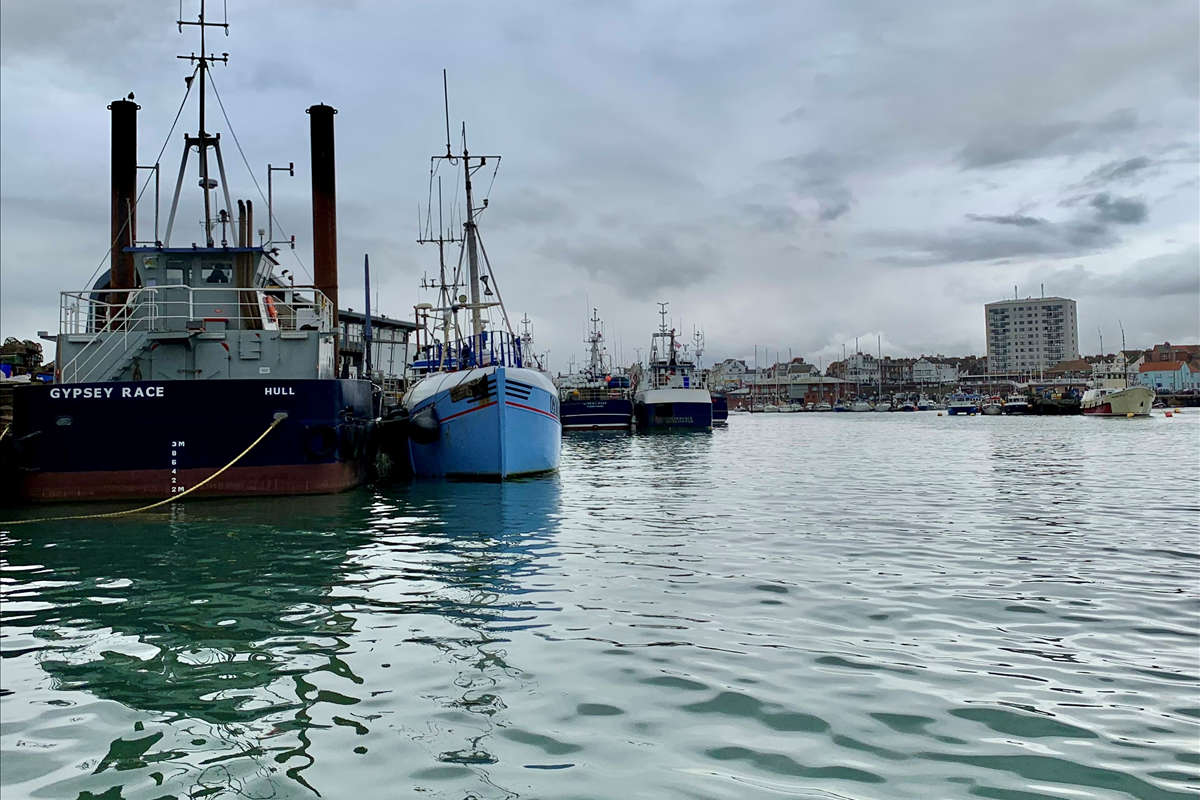 FLOOD WARNING Issued For Bridlington's Harbour Road Area
FLOOD WARNING Issued For Bridlington's Harbour Road Area
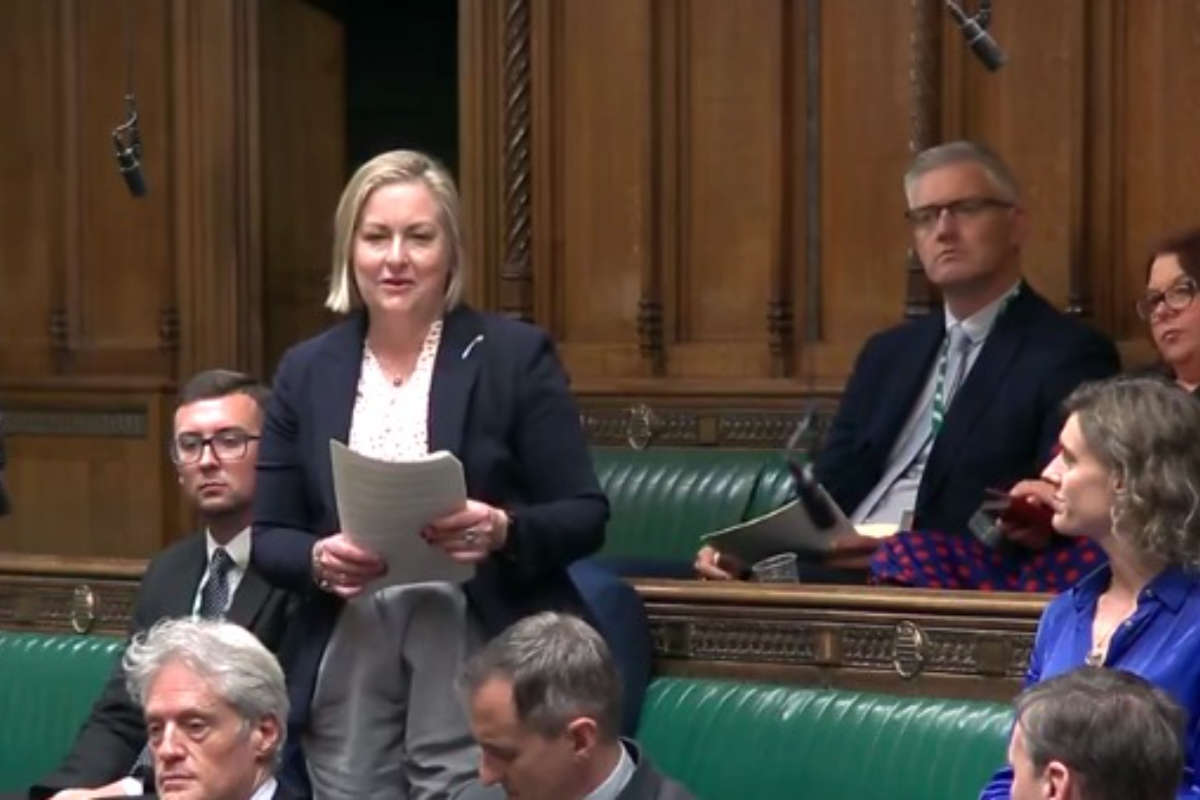 Langdale Fire Funding- Scarborough & Whitby MP Asks Government Colleagues For Help
Langdale Fire Funding- Scarborough & Whitby MP Asks Government Colleagues For Help
 'Big Plan' Sets Out Five Years of Funding in East Riding
'Big Plan' Sets Out Five Years of Funding in East Riding
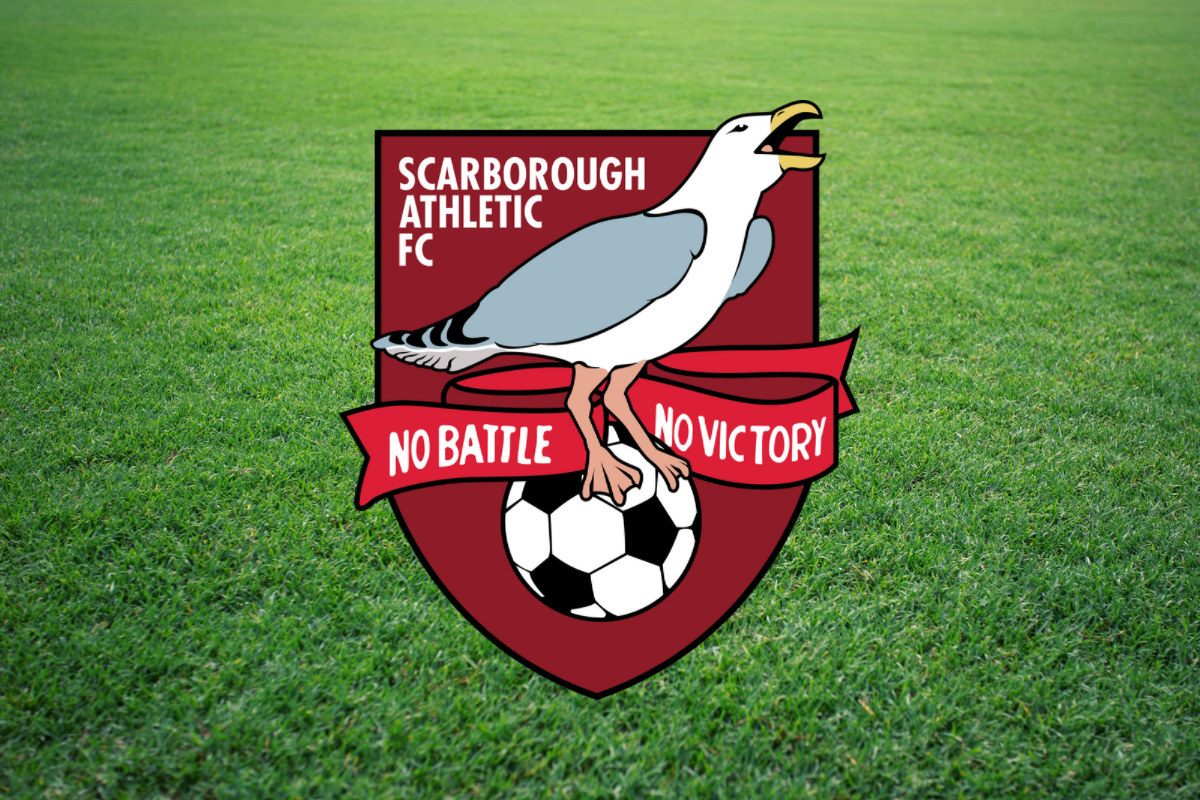 Scarborough Athletic Chief: Big Improvement Needed After Cup Exit
Scarborough Athletic Chief: Big Improvement Needed After Cup Exit
 No Delay for Burniston Gas Rig Decision
No Delay for Burniston Gas Rig Decision
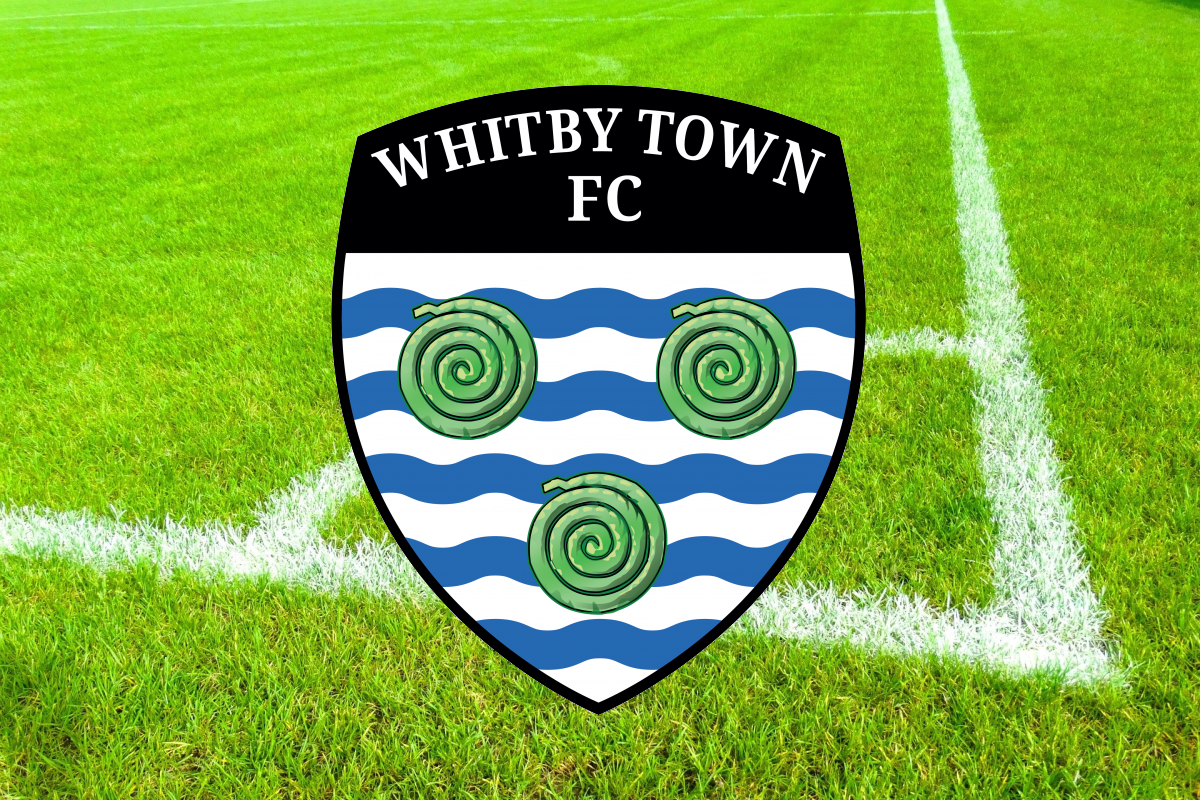 Whitby Town Hope For Home Comforts After Poor Away Run
Whitby Town Hope For Home Comforts After Poor Away Run
 Bridlington Town Back On The Road
Bridlington Town Back On The Road
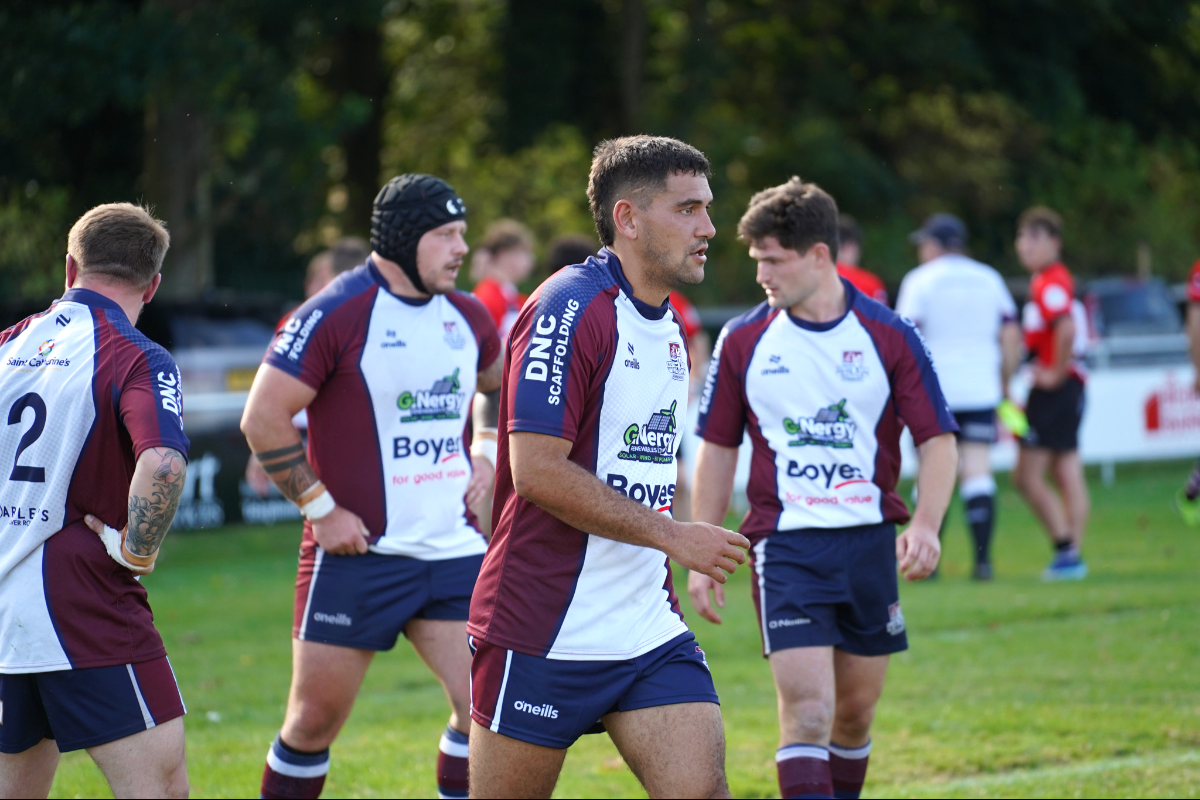 Scarborough and Brid Again Battle To Stay On Top
Scarborough and Brid Again Battle To Stay On Top
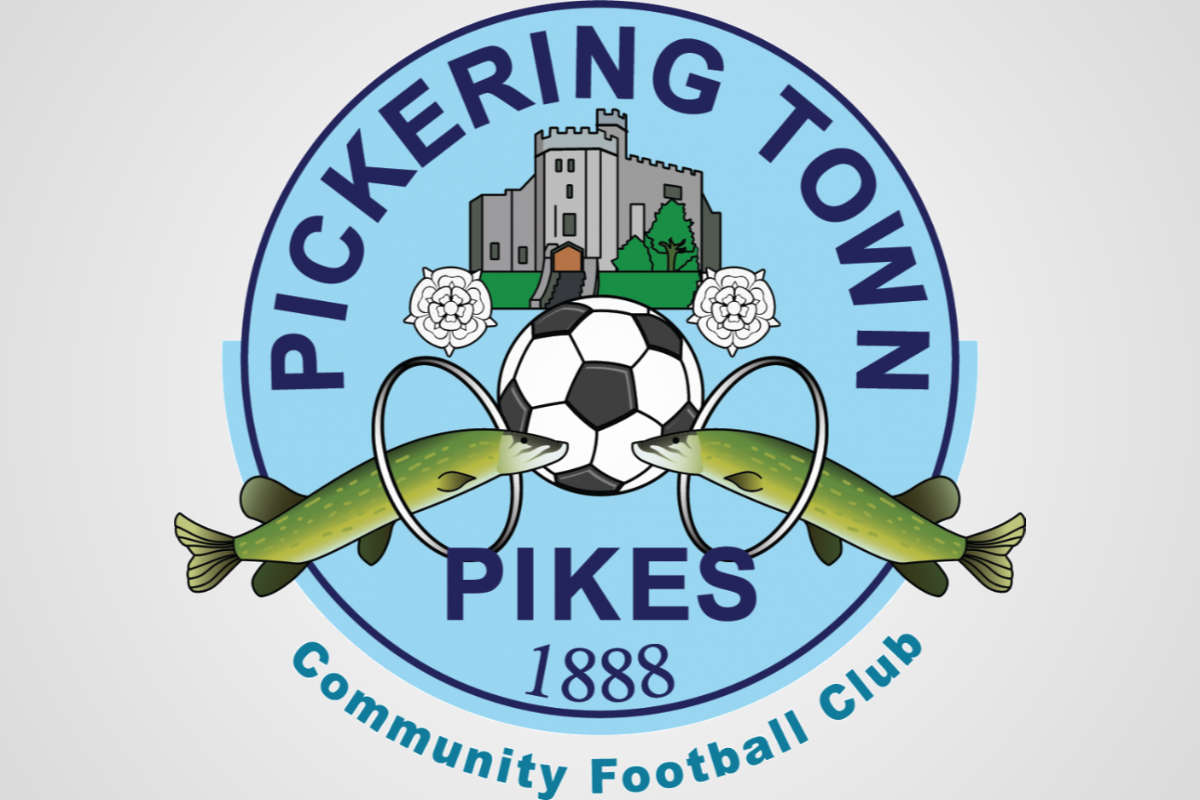 Pickering Town Face West Yorkshire Trip
Pickering Town Face West Yorkshire Trip
 Burniston Gas Well Plan Recommended for Approval Despite 1500 Objections
Burniston Gas Well Plan Recommended for Approval Despite 1500 Objections
 East Riding Councillors Condemn ‘Punitive’ Government Funding Review as Council Faces £100 Million Shortfall
East Riding Councillors Condemn ‘Punitive’ Government Funding Review as Council Faces £100 Million Shortfall










Comments
Add a comment